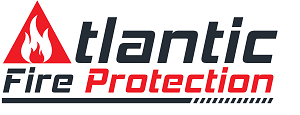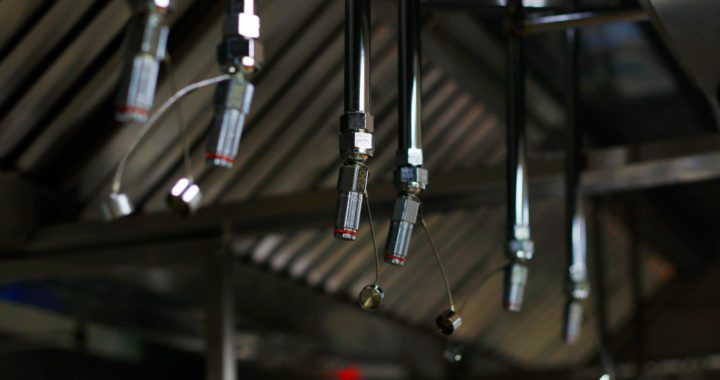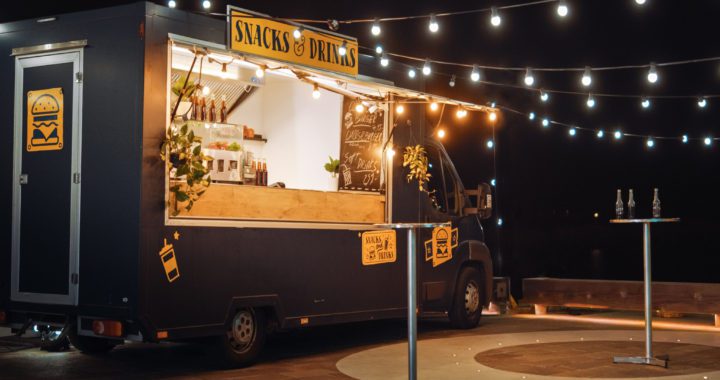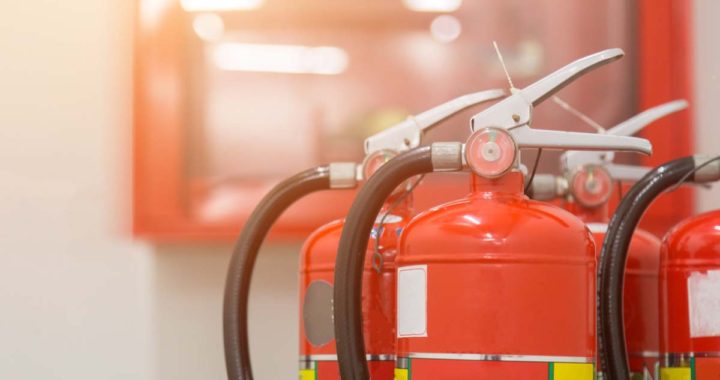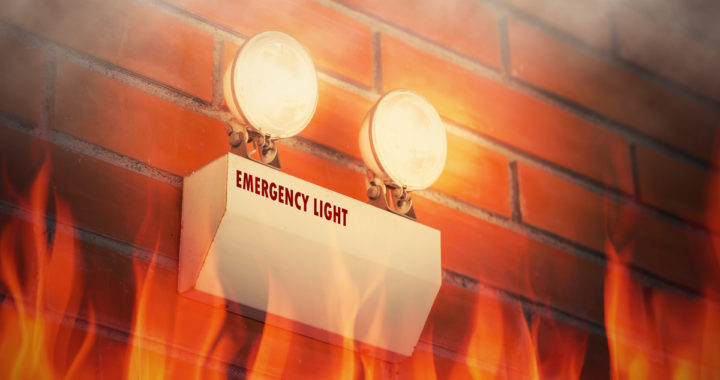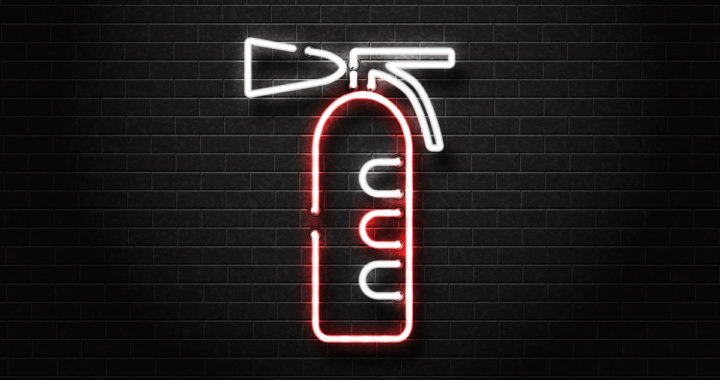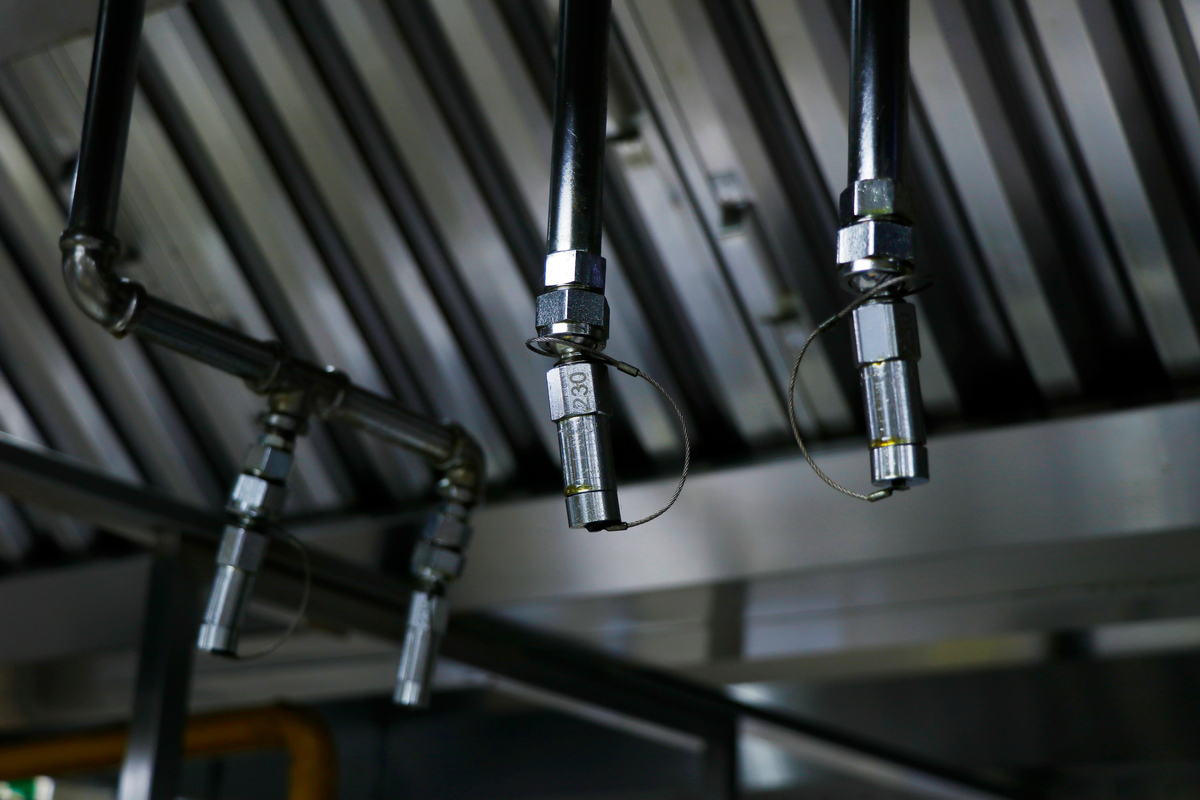When you think about fire control systems, what do you think of?
For most people, they think of something simple like a fire extinguisher. But commercial fire suppression systems are much different.
Modern restaurant and commercial fire suppression systems have to do with using chemicals to effectively control things like heat and flame in an indoor area.
The Four Methods
There are four major methods for chemical fire suppression – cooling, smothering, starving, and interrupting the combustion process.
This is different than just fighting fire with water after a conflagration has broken out.
These complex chemicals address the overall state of their environment and are able to put out even raging fires or intercept activity as fires build.
Commercial Fires
One reason that commercial companies invest in these fire suppression systems is that commercial fires can be uniquely dangerous.
Take a grease fire in a restaurant, or a fire coming from a large commercial range.
In both of these cases, the fire can be exacerbated by the size of operations and the way that heat and flame are being used.
So a modern fire suppression system with the ability to shut down a grease fire or other fire is extremely valuable.
There is a precise science at work here that organic chemists would be familiar with. Others of us may not be as familiar with the chemistry, but that’s okay: you don’t need a chemistry degree to get adequate fire suppression support and risk mitigation systems installed in commercial areas.
Realistically thinking, though, managers and business leaders need to be very deliberate in considering fire treatment and fire safety systems for commercial properties.
After all, there’s quite a bit of liability involved that goes beyond what you would encounter in a residential environment.
And then, as mentioned, there are also the commercial or industrial heavy-duty processes that can raise risks, too.
With that in mind, it’s an excellent benefit to have a professional service provider that understands chemical fire suppression and practical systems based on this sort of technology.
Having that fire safety installation in place makes it possible for business owners and other stakeholders to move forward with confidence, in managing a commercial kitchen or some other type of business process.
Take a look on the website for more about what we do, and the fire chemical suppression systems we provide.
With support for commercial kitchen upgrades and help with UL standards and OSHA requirements, we help clients toward compliance in this demanding field, and through any challenges they may face with getting adequate fire suppression systems in place.
